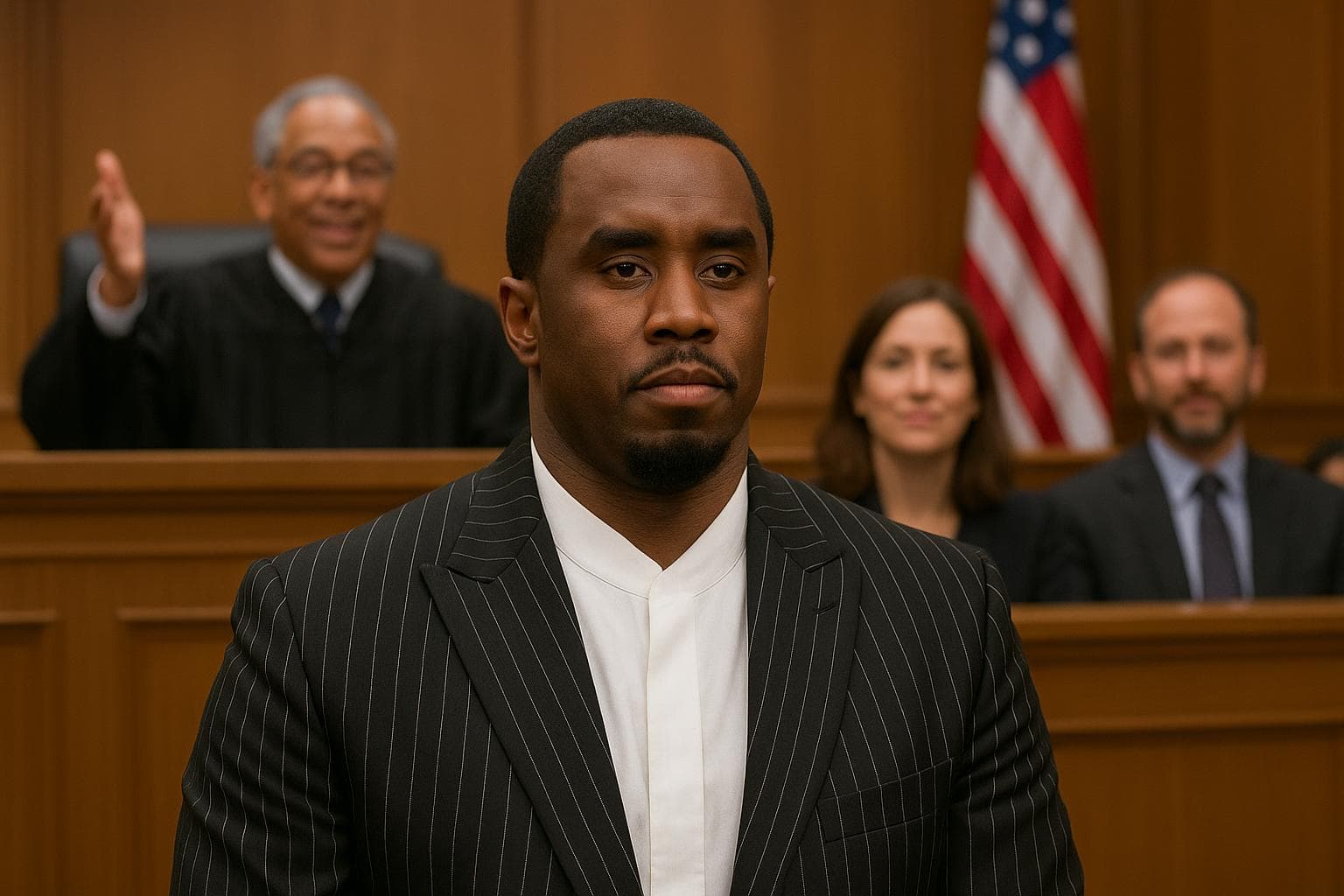Oak View Group CEO Faces Federal Bid Rigging Charges Over University of Texas Arena Project
Tim Leiweke, CEO of the prominent sports and entertainment management company Oak View Group, has been formally indicted on federal criminal conspiracy charges. The allegations center on his purported involvement in manipulating the bidding process for the University of Texas’ multi-hundred-million-dollar Moody Center arena development in Austin.
Details of the Indictment
According to the indictment, Leiweke, 68, allegedly conspired with a competing bidder on the $338 million Moody Center project. He is accused of convincing the rival company to withdraw from the comprehensive bid competition in exchange for lucrative subcontracts at the arena. However, after the competing company exited the bidding race, Leiweke reportedly failed to honor the promises made, escalating legal scrutiny.
The Moody Center—home to the University of Texas Longhorns basketball team—is a key asset in Austin’s growing sports and entertainment landscape. Leiweke had played a visible role, including attending the project’s groundbreaking ceremony in December 2019.
Oak View Group and Industry Background
Oak View Group, which states on its official site that it manages roughly 400 venues worldwide, operates at the epicenter of sports and entertainment infrastructure. Leiweke’s leadership resume includes serving as CEO of Maple Leaf Sports and Entertainment and Anschutz Entertainment Group—two industry giants responsible for major sports franchises and event venues.
Legal and Financial Repercussions
Sources close to the investigation have revealed that the Department of Justice’s Antitrust Division may soon announce non-prosecution agreements involving Oak View Group and Legends Hospitality, another company linked to the case. Oak View is reportedly poised to pay a hefty $15 million penalty, while Legends Hospitality is expected to agree to a $1.5 million fine.
These penalties could mark a significant moment in enforcing compliance and ethical standards within the competitive arena development sector, which often involves high-stakes bidding and multi-million dollar contracts.
What This Means for the Industry and University of Texas
The indictment raises vital questions about transparency and fairness in public-private partnerships, especially those involving large university projects. The University of Texas and the wider Austin community rely heavily on such venues for economic stimulation, job creation, and cultural development. Allegations of bid tampering threaten public trust and potentially jeopardize future collaborations.
The case also spotlights the broader issue of antitrust enforcement in the sports and live entertainment industries, where a few dominant firms wield significant power over venue management and event operations.
Key Takeaways
- Tim Leiweke, CEO of Oak View Group, is charged federally with criminal conspiracy related to bid rigging on UT’s Moody Center arena.
- The indictment alleges a secret agreement to exclude a rival bidder from the $338 million project in exchange for promised subcontract deals.
- Department of Justice is expected to announce substantial financial penalties—Oak View Group $15 million and Legends Hospitality $1.5 million—as part of this case.
- This legal episode underscores the necessity for transparency and accountability in multimillion-dollar public venue projects.
- The wider sports entertainment sector faces increased antitrust scrutiny amid growing concerns about competitive fairness.
Editor's Note
This indictment exposes critical tensions at the intersection of sports, entertainment, and public infrastructure investment. It invites deeper reflection on how financial interests and corporate maneuvering can influence projects intended to serve communities and institutions. Moving forward, stakeholders—from university administrators to local policymakers—face the challenge of rebuilding trust and ensuring equitable bidding processes that prioritize integrity and public benefit.
For the broader marketplace and the American legal landscape, this case may herald a more rigorous era of antitrust enforcement in the sprawling sports and entertainment venue ecosystem.
Stay tuned as this story unfolds and more details emerge.











